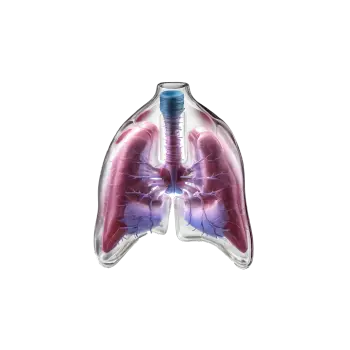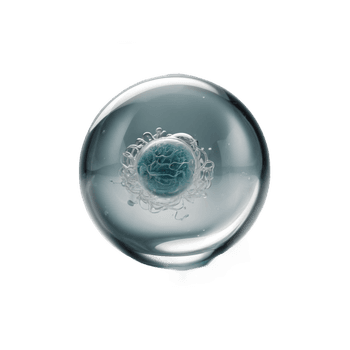Quick version
Early detection is crucial for fetal development – yet 19% of pregnant women are only screened after week 10
The role of the thyroid gland during pregnancy
Thyroid hormone is crucial both for a normal pregnancy and for the fetus's brain development. There is no production of the hormone by the fetus during the first trimester, which means that the fetus is completely dependent on the mother's levels, especially of the hormone T4.
During pregnancy, the need for thyroid hormone increases by approximately 50%. Untreated hypothyroidism can lead to miscarriage, premature birth and a negative impact on the child's cognitive development.
New report – every fifth pregnant woman is screened later than the guidelines
According to The Thyroid Association's new report, based on a survey in which 220 midwives from all over the country have participated, it appears that 19% of screening for thyroid disease is only done in weeks 10–12 or even later.
According to both SFOG's guidelines and The National Board of Health and Welfare's national recommendations, screening with analysis of TSH and free T4 should be carried out as early as possible in a pregnancy and preferably before pregnancy week 10.
What do the guidelines say?
According to the National Board of Health and Welfare's national basic program for pregnancy monitoring, all pregnant women should be screened to detect thyroid disorders. This is done by taking samples of both TSH and free T4 early in pregnancy - and should be done before week 10. The guidelines are based on evidence that shows that an early diagnosis reduces the risk of complications - for both the mother and the fetus.
Unequal care between different regions
The report shows major differences between Sweden's regions. Only 9 of 21 basic programs state that screening should take place before week 8 of pregnancy. Some regions, such as Jönköping and Kalmar, instead state that screening should only take place between weeks 11–15 of pregnancy. As a result, pregnant women around Sweden receive different care depending on where in the country they live – even though everyone has the same need for protection for the development of the fetus.
What are the consequences?
The consequences of not performing screening according to the guidelines are that the fetus is exposed to low thyroid hormones if the mother has an undetected thyroid disorder. As a result, the child's brain and metabolism can be affected and the pregnant woman's well-being can be worse. It is particularly worrying that pregnant women who already have known risk factors – for example, previous thyroid disease – are not always detected in time.
How do you know if you are at risk
If you are already being treated for hypothyroidism, have previously had thyroid problems, have relatives with autoimmune disease or have had fertility problems, you should ask for early screening.
3 things you can influence as a pregnant or expectant mother
- Request TSH and free T4 test as soon as pregnancy is confirmed ��– preferably before week 8
- If you are already being treated with Levaxin – increase the dose by two daily doses per week immediately, in consultation with your treating doctor, and book a follow-up within 3–4 weeks
- Make sure you get clear information about what applies to iodine intake during pregnancy – use iodized salt and supplement if necessary
Also read: How to avoid thyroid problems during pregnancy – and why it's important
























